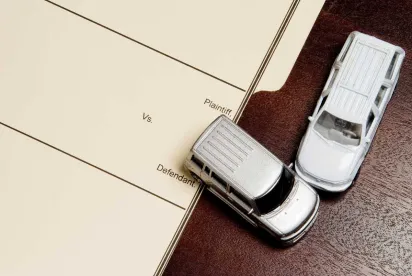Some Roetzel clients are surprised to receive an additional bill following a motor vehicle accident involving their driver: a bill for emergency services provided by the local fire and police departments. An accident response fee, or a so-called “crash tax,” is a fee charged by some municipalities for the use of their resources on the scene of a motor vehicle accident.
One example of such bill demanded a fee of approximately $500 for the fire department to show up and “assess” the scene of the accident, and an additional $1,500 for the use of heavy rescue tools at the scene. The bill was based on a municipal resolution, with an item-by-item price list for the “standard” services, such as assessment and clean up, and “add-on” services, such as extrication. Hazmat or additional time on scene could run north of $6,500.
These fees are assessed to subsidize the local police and fire departments, after the municipality determines taxes collected from constituents do not cover the increasing costs of emergency services it provides. While some municipalities assess the fee to whom they believe is the at-fault party, others assess the fee to the insured drivers only, presuming it will be passed to the insurers. Some municipalities assess the fee only to non-residents, to avoid double-taxation.
The municipalities usually use a third-party company to handle the cost collection for them so there is no additional administrative work for the municipality. Seems like a win-win for the municipality and a loss-loss for the insured (or the insurer), who ends up paying for the bill.
While some states have outlawed accident response fees, Ohio has not. For those who receive a bill for the accident response fees in Ohio, we have the following recommendations. First, contact the billing company (usually a third-party contractor), to request detailed bills and confirmation of authority to collect the fee. If liability is disputed, it is reasonable to object to the fee assessment. Since constitutionality and enforcement of such bills is questionable, there are ways to avoid or reduce the fee.



 />i
/>i

